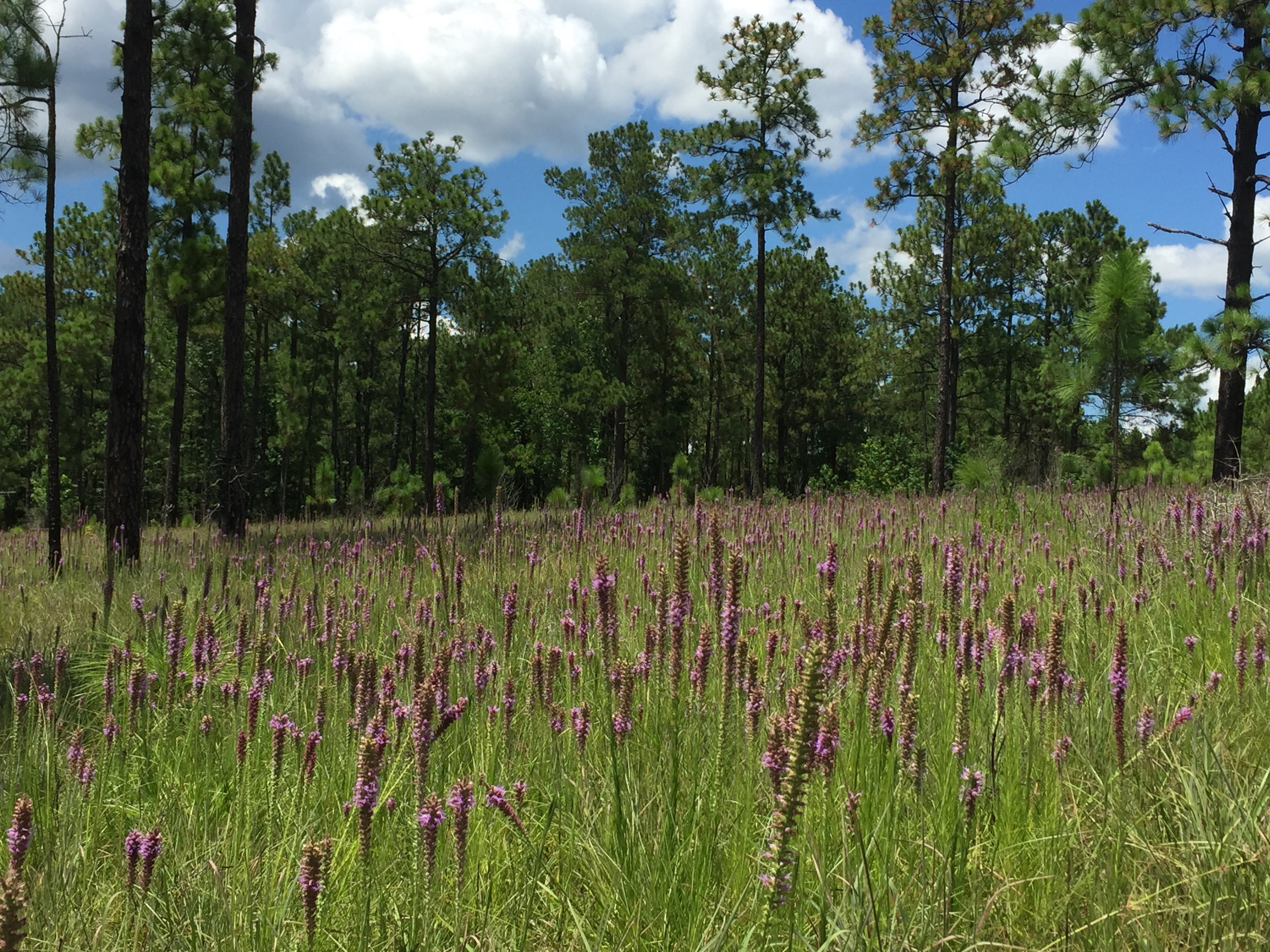Longleaf Pine and Four Military Installations in North Carolina Benefit from REPI Challenge Funding

The Readiness and Environmental Protection Integration (REPI) Program announced the nine funding recipients of the 2022 REPI Challenge, including a project in the historic longleaf range near four military installations in North Carolina.
The 2022 REPI Challenge will commit $31.6 million in program funds that will be coupled with over $60.3 million in partner contributions to nine projects benefitting 13 installations and their neighboring communities. Three of the selected projects are located in Hawaii (O'ahu, Kaua'i, and Hawai'i) and will help implement partnership efforts focused on improving coastal and forest resilience, which benefits long-term sustainability for local communities and the DoD mission. Sentinel Landscapes also represent partnerships of strategic importance, and three of the selected projects are located within the Middle Chesapeake, Eastern North Carolina, and Fort Huachuca Sentinel Landscapes and will contribute directly to the goals of the Sentinel Landscapes Partnership.
Fort Bragg, Seymour Johnson Air Force Base, Marine Corps Base Camp Lejeune, and Marine Corps Air Station Cherry Point are all located within the Eastern North Carolina Sentinel Landscape. The installations are vulnerable to coastal erosion, sea-level rise, degradation of natural resources, and wildfire threats. These threats may put operations, infrastructure, and training missions at risk while reducing connectivity of neighboring working lands and managed conservation areas.
Funding for this project ($4.3 million) will assess threats to surface water flow in two critical waterways near Fort Bragg, reduce wildfire risk, and assess how climate change may impact red-cockaded woodpecker productivity. This funding will also secure climate resiliency conservation easements around the Marine Corps installations to increase water-holding capacity and reduce surface runoff and flooding. The project will also manage and protect wildlife habitats, including the longleaf pine ecosystem and large expanses of coastal marsh, both of which support endangered and at-risk species, such as the red-cockaded woodpecker and eastern black rail.
The REPI Challenge distributes funds on an annual basis to one or more projects that provide innovative approaches to protecting the military mission. This annual initiative seeks to cultivate projects that conserve land at a greater scale, thereby helping the REPI Program achieve its goals. Since the initiation of the REPI Challenge in 2012, more than $120.6 million in REPI Program funds have been leveraged with over $382.5 million in partner contributions to protect over 38 locations with projects promoting compatible land uses, restoring critical habitats, and enhancing climate adaptation efforts.
Click here to read more about the REPI Program and the awarded projects.
Archive
- February 1
- March 1
- June 2
- November 1
- February 1
- March 1
- May 1
- June 1
- July 2
- August 1
- October 1
- November 1
- December 1
- January 3
- February 2
- March 1
- June 1
- August 2
- May 1
- October 1
- November 1
- January 2
- February 1
- April 2
- June 3
- July 3
- August 3
- March 2
- October 1
- November 1
- August 4
- September 3
- November 2
- December 2
- June 2
- May 1
- April 2
- March 2
- February 1
- January 2
- January 1
- March 1
- May 2
- June 2
- August 1
- September 1
- November 1
- December 2
- January 1
- March 1
- May 2
- June 3
- July 1
- August 1
- September 1
- October 1
- November 2
- January 2
- February 1
- April 2
- June 1
- July 2
- August 2
- November 3
- December 3
- February 3
- April 2
- May 2
- June 1
- July 2
- August 2
- September 1
- October 2
- November 2
- December 1
- January 2
- February 2
- April 1
- May 1
- June 1
- July 4
- August 1
- September 1
- October 2
- November 2
- February 1
- May 2
- March 1
- June 3
- January 1
- July 1
- August 1
- October 1
- November 1
- April 3
- May 1
- June 3
- August 1
- September 2
- October 1
- December 2
- December 1

